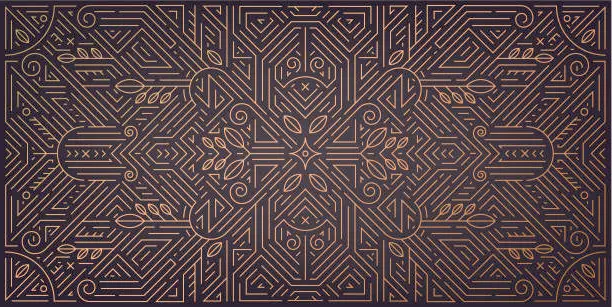
The Power of Purpose: Unveiling the Essence of Functional Design
- Admin
In the realm of design, functionality reigns supreme as a guiding principle that transcends aesthetics and encompasses purposeful innovation. Functional design, characterized by its emphasis on usability, efficiency, and user-centeredness, lies at the intersection of form and function, where beauty meets utility. Let's delve into the essence of functional design, exploring its significance, principles, and transformative impact on the world around us.
The Essence of Functional Design
At its core, functional design is about solving problems and meeting the needs of users in the most efficient and effective way possible. Whether it's a household appliance, a piece of furniture, or a digital interface, functional design seeks to enhance usability and improve the user experience through thoughtful and purposeful design decisions. By prioritizing function over form, functional design creates products and experiences that are intuitive, accessible, and ultimately, indispensable to users.
Principles of Functional Design
Functional design is guided by several key principles that inform the design process and shape the outcome:
User-Centered Design: At the heart of functional design is a deep understanding of the needs, preferences, and behaviors of users. By placing the user at the center of the design process, designers can create solutions that are tailored to their specific needs and context, resulting in products and experiences that are intuitive and user-friendly.
Simplicity and Clarity: Functional design embraces simplicity and clarity in both form and function. By eliminating unnecessary complexity and focusing on essential features, designers can create products that are easy to understand and use, reducing cognitive load and enhancing usability.
Efficiency and Optimization: Functional design seeks to optimize performance and efficiency, minimizing waste and maximizing utility. Whether it's streamlining processes, reducing energy consumption, or improving workflow, functional design strives to achieve the highest level of performance with the least amount of effort.
Adaptability and Flexibility: In a dynamic and ever-changing world, functional design prioritizes adaptability and flexibility. By designing products and systems that can evolve and adapt to changing needs and conditions, designers can create solutions that remain relevant and useful over time.
Transformative Impact of Functional Design
Functional design has a transformative impact across various domains, from product design and architecture to digital interfaces and urban planning. By prioritizing usability and user experience, functional design enhances the quality of everyday life, improves efficiency, and fosters innovation. From ergonomic office furniture that promotes comfort and productivity to user-friendly mobile apps that simplify everyday tasks, functional design touches every aspect of our lives, making it more enjoyable, efficient, and accessible to all.
Looking Ahead: The Future of Functional Design
As we look to the future, the principles of functional design will continue to guide innovation and shape the way we interact with the world. With advancements in technology, sustainability, and human-centered design, the possibilities for functional design are endless. By embracing the power of purpose and prioritizing usability, efficiency, and accessibility, designers have the opportunity to create solutions that not only meet the needs of today but also anticipate the challenges and opportunities of tomorrow. In this way, functional design will continue to be a driving force for positive change, shaping a future that is more inclusive, sustainable, and user-centric.
